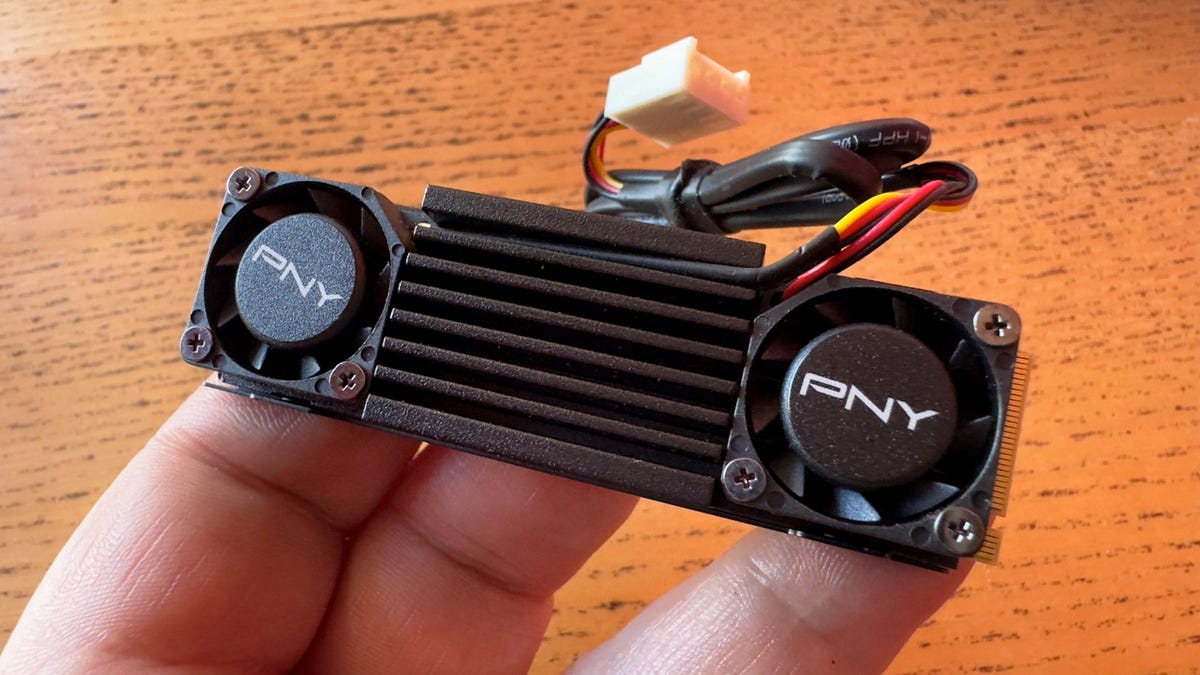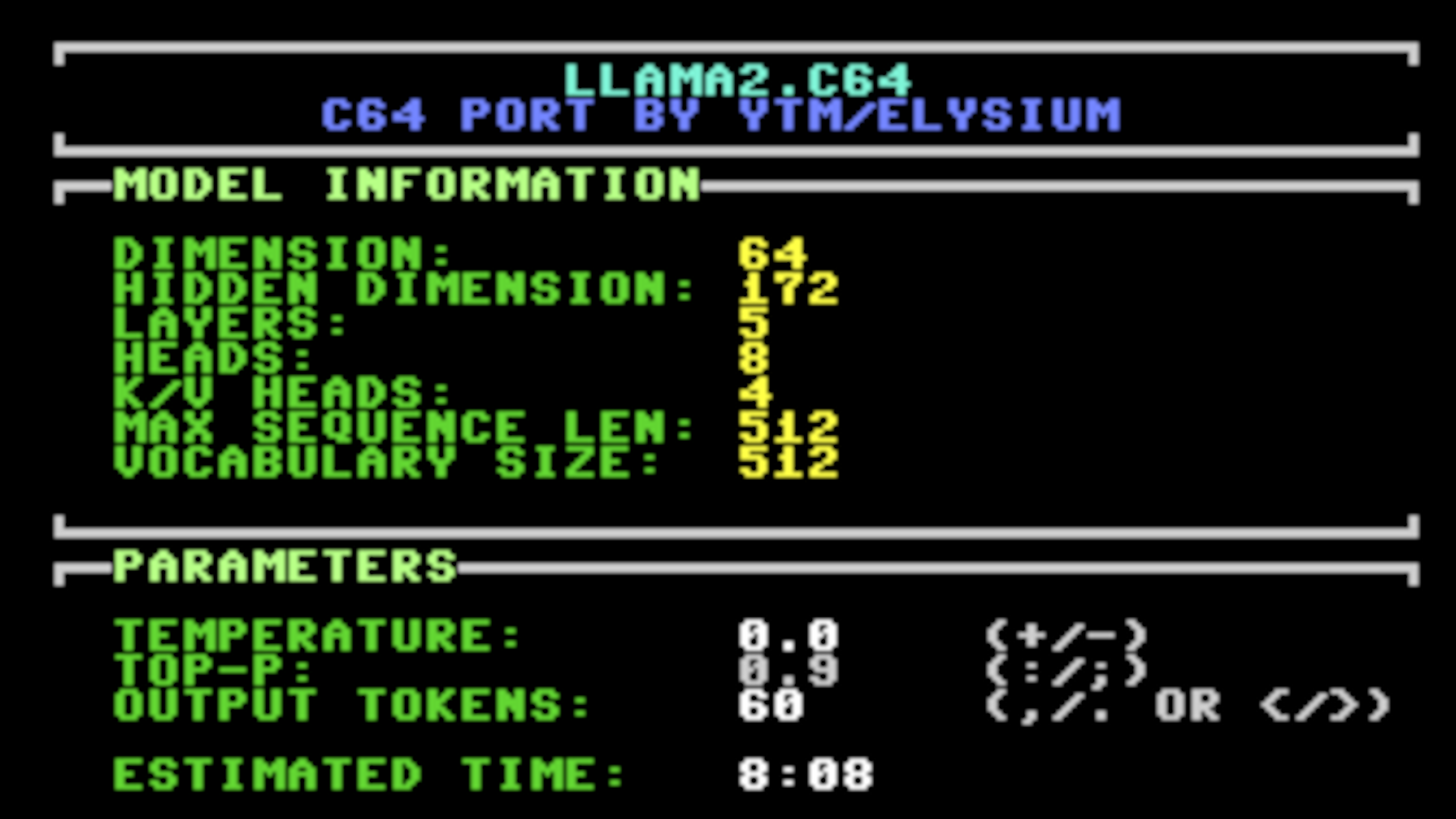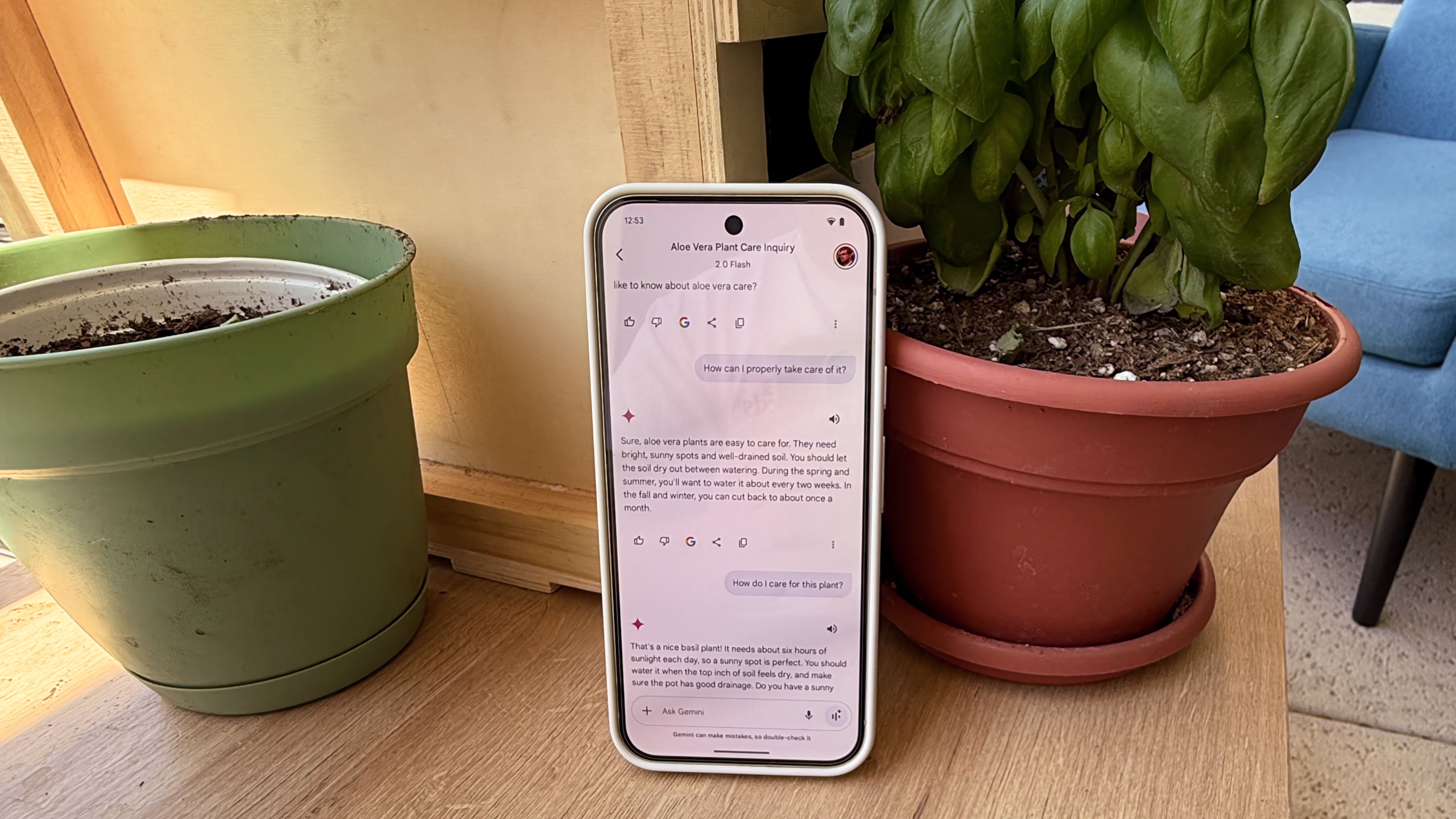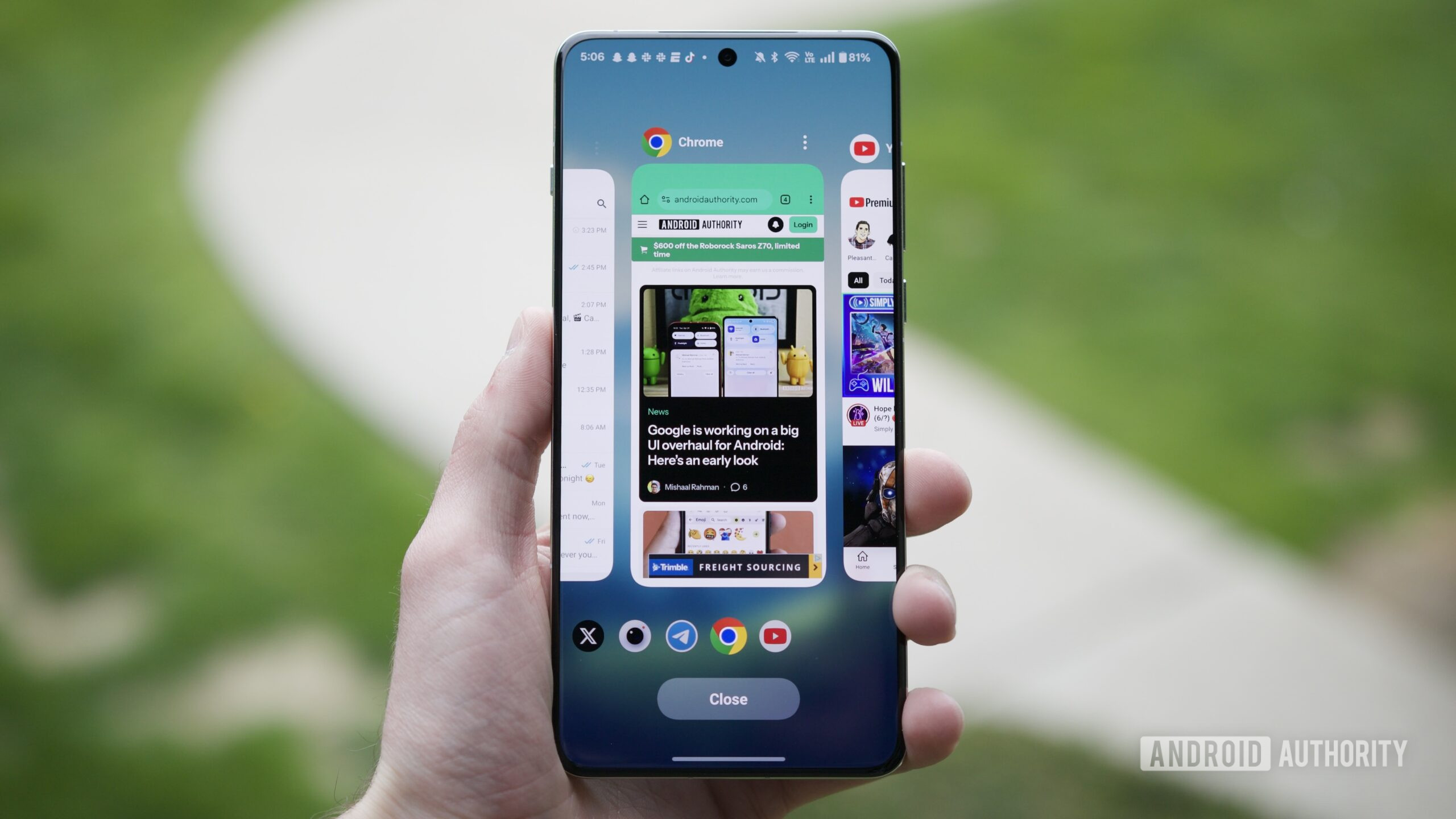Cut the Clutter: Why You Should Ditch Useless Code Comments
Let’s Talk About Comment Overload You’ve seen it. A function wrapped in so many comments it feels like someone’s narrating a movie. And often, those comments say things like // Set user to active right above user.status = 'active';. Not helpful. Not needed. With AI tools spitting out comments automatically, this problem’s getting worse. The intent might be good — clarity — but the result is noise. And noise is the enemy of clean, maintainable code. Why Excess Comments Backfire Too many comments don’t just make things messy — they actively cause problems: They mislead: That // Checks if user is valid comment might have made sense a month ago, but the code underneath has changed. Now it's checking something else entirely. They bloat files: You’re scrolling through three lines of fluff to reach two lines of actual logic. They kill flow: Clean code flows naturally. Junk comments interrupt that, like speed bumps every few lines. Ditch the Obvious Here’s what we mean: ❌ // Return true if user is admin ❌ // Save data to database ❌ // Initialize counter above let count = 0; ✅ Just… don’t. A good comment adds context you won’t get from the code itself. A bad comment just repeats what’s already clear. The AI Problem (and the Human One) AI-generated code comments are a hit or miss. Often miss. You’ll see stuff like: // This function processes data function processData(data) { // ... } Gee, thanks. Meanwhile, human-written comments can be just as bad — especially when people feel like they should add comments but don’t know what to say. Bottom line: If a comment doesn’t teach you something new or explain why the code exists, it’s just filler. Use Tools to Help You Clean Manually scrubbing through old code to delete useless comments sounds painful. That’s why tools like CommentClean exist. It’s built to save you time by doing exactly what the name says — cleaning up all the unnecessary comments in your code. You can always add some essential comments back later - but let's face it, most of them will provide no use at all. Here’s how it works: Paste your code into the tool. It detects the language and flags all comments. You get back a clean version — no fluff, just functional code. It works across languages and highlights both inline (//) and block (/* */) comments. TL;DR: Let Your Code Speak Readable code doesn't need a translator. If your function names are clear and your structure is solid, most of your codebase shouldn’t need any extra explanation. Focus on writing expressive, intentional code. Save comments for when you actually need to explain the “why,” not the “what.” And when it’s time to clean up, use the right tools. Ready to start decluttering? Give tools like CommentClean a try and free your code from the comment chaos.

Let’s Talk About Comment Overload
You’ve seen it. A function wrapped in so many comments it feels like someone’s narrating a movie. And often, those comments say things like // Set user to active right above user.status = 'active';. Not helpful. Not needed.
With AI tools spitting out comments automatically, this problem’s getting worse. The intent might be good — clarity — but the result is noise. And noise is the enemy of clean, maintainable code.
Why Excess Comments Backfire
Too many comments don’t just make things messy — they actively cause problems:
- They mislead: That // Checks if user is valid comment might have made sense a month ago, but the code underneath has changed. Now it's checking something else entirely.
- They bloat files: You’re scrolling through three lines of fluff to reach two lines of actual logic.
- They kill flow: Clean code flows naturally. Junk comments interrupt that, like speed bumps every few lines.
Ditch the Obvious
Here’s what we mean:
❌ // Return true if user is admin
❌ // Save data to database
❌ // Initialize counter above let count = 0;
✅ Just… don’t.
A good comment adds context you won’t get from the code itself. A bad comment just repeats what’s already clear.
The AI Problem (and the Human One)
AI-generated code comments are a hit or miss. Often miss. You’ll see stuff like:
// This function processes data
function processData(data) {
// ...
}
Gee, thanks. Meanwhile, human-written comments can be just as bad — especially when people feel like they should add comments but don’t know what to say.
Bottom line: If a comment doesn’t teach you something new or explain why the code exists, it’s just filler.
Use Tools to Help You Clean
Manually scrubbing through old code to delete useless comments sounds painful. That’s why tools like CommentClean exist.
It’s built to save you time by doing exactly what the name says — cleaning up all the unnecessary comments in your code. You can always add some essential comments back later - but let's face it, most of them will provide no use at all.
Here’s how it works:
- Paste your code into the tool.
- It detects the language and flags all comments.
- You get back a clean version — no fluff, just functional code.
It works across languages and highlights both inline (//) and block (/* */) comments.
TL;DR: Let Your Code Speak
Readable code doesn't need a translator. If your function names are clear and your structure is solid, most of your codebase shouldn’t need any extra explanation. Focus on writing expressive, intentional code. Save comments for when you actually need to explain the “why,” not the “what.”
And when it’s time to clean up, use the right tools.
Ready to start decluttering? Give tools like CommentClean a try and free your code from the comment chaos.





































































































































































![[The AI Show Episode 145]: OpenAI Releases o3 and o4-mini, AI Is Causing “Quiet Layoffs,” Executive Order on Youth AI Education & GPT-4o’s Controversial Update](https://www.marketingaiinstitute.com/hubfs/ep%20145%20cover.png)




























































































































![[DEALS] Microsoft 365: 1-Year Subscription (Family/Up to 6 Users) (23% off) & Other Deals Up To 98% Off – Offers End Soon!](https://www.javacodegeeks.com/wp-content/uploads/2012/12/jcg-logo.jpg)




![From Art School Drop-out to Microsoft Engineer with Shashi Lo [Podcast #170]](https://cdn.hashnode.com/res/hashnode/image/upload/v1746203291209/439bf16b-c820-4fe8-b69e-94d80533b2df.png?#)








































































































(1).jpg?#)






























_Inge_Johnsson-Alamy.jpg?width=1280&auto=webp&quality=80&disable=upscale#)













































































































![Apple to Split iPhone Launches Across Fall and Spring in Major Shakeup [Report]](https://www.iclarified.com/images/news/97211/97211/97211-640.jpg)
![Apple to Move Camera to Top Left, Hide Face ID Under Display in iPhone 18 Pro Redesign [Report]](https://www.iclarified.com/images/news/97212/97212/97212-640.jpg)
![Apple Developing Battery Case for iPhone 17 Air Amid Battery Life Concerns [Report]](https://www.iclarified.com/images/news/97208/97208/97208-640.jpg)
![AirPods 4 On Sale for $99 [Lowest Price Ever]](https://www.iclarified.com/images/news/97206/97206/97206-640.jpg)

































![[Updated] Samsung’s 65-inch 4K Smart TV Just Crashed to $299 — That’s Cheaper Than an iPad](https://www.androidheadlines.com/wp-content/uploads/2025/05/samsung-du7200.jpg)


































































